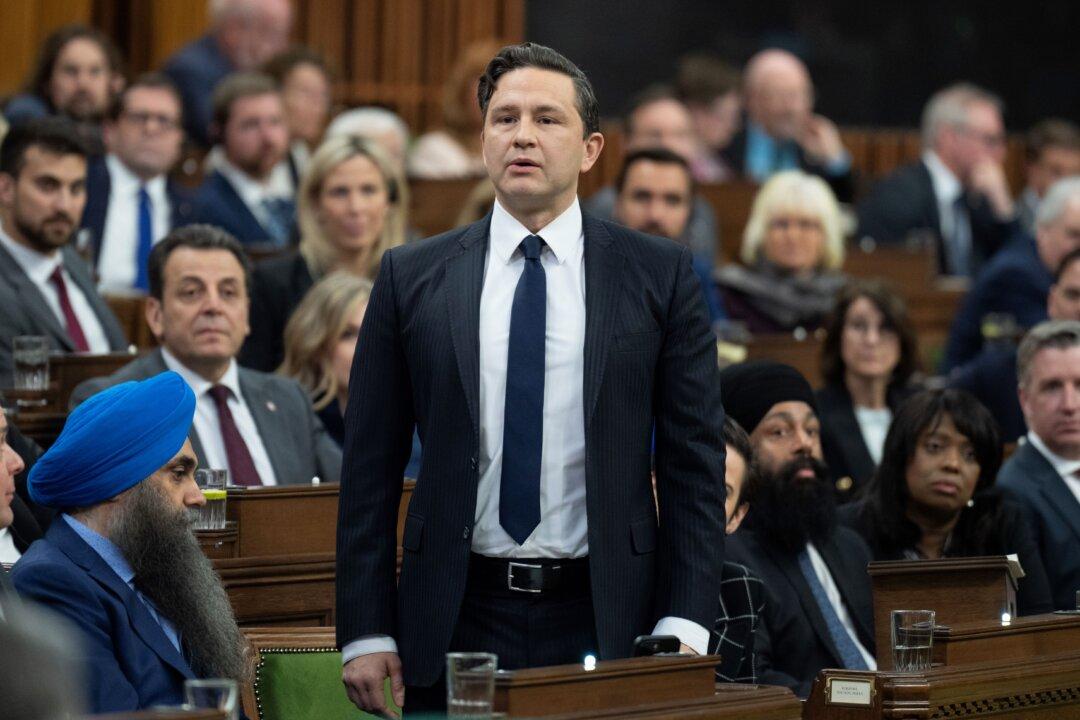The expulsion of Conservative Leader Pierre Poilievre proverbially set the House of Commons on fire this week, with parties on all sides trying to gain politically from the polarizing event.
“What you witnessed in the House of Commons moments ago is a disgrace,” Government House Leader Steven MacKinnon said about Mr. Poilievre’s behaviour on April 30. “It’s a disrespect for our institutions, a disrespect for the Speaker.”





